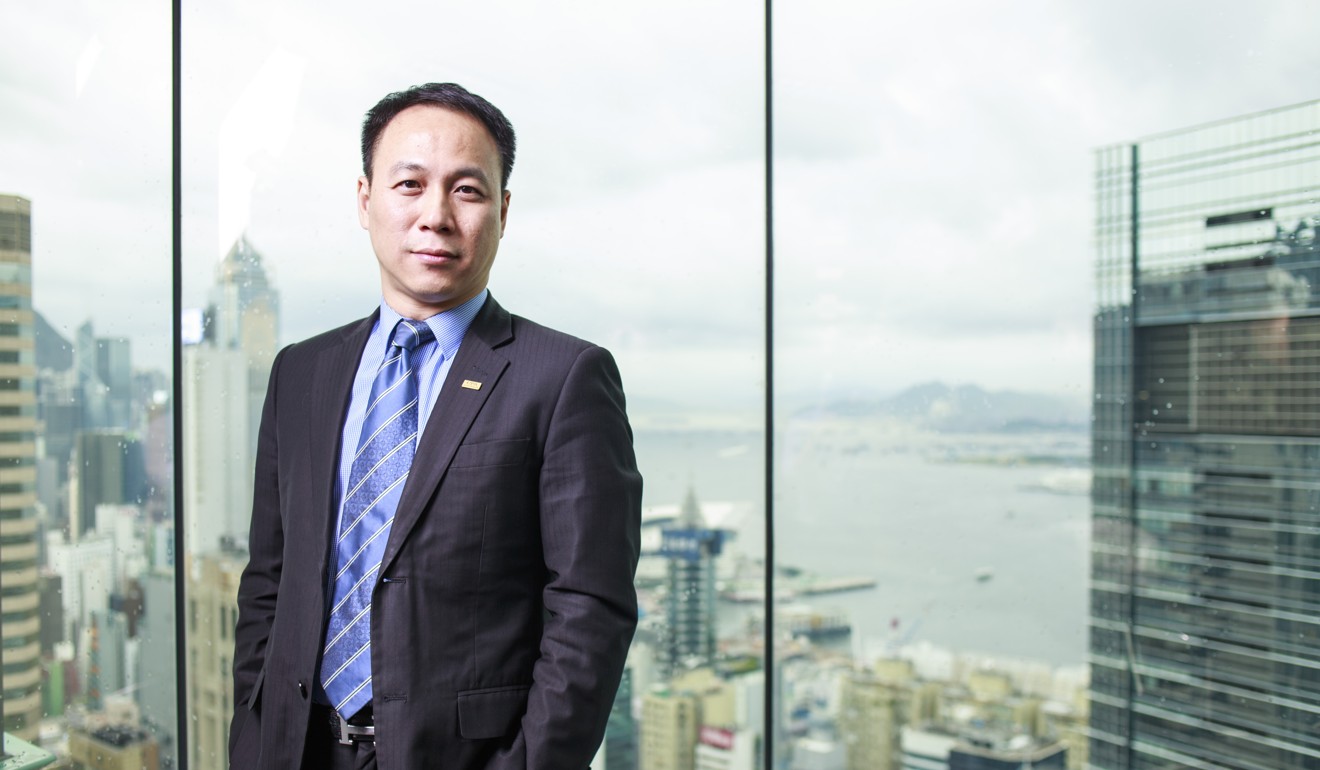
Hong Kong’s stock market faces a drought of initial public offerings as valuations take a plunge to among the lowest in Asia
- Hong Kong’s average price to earnings ratio is at its lowest in recent years
- Many companies that have filed for listings in city have put IPO plans on hold
Companies looking to list in Hong Kong have put their initial public offerings (IPOs) on hold amid an annual decline of as much as 40 per cent in the valuations of new share offerings in some cases, making the market Asia’s cheapest after Pakistan.
Protests in the special administrative region and the ongoing US-China trade war have rattled investor confidence. The average price to earnings (PE) ratio in Hong Kong currently stands at 10.46 times – its lowest in recent years.
Last year, the ratio, which indicates the dollar amount an investor can expect to invest in a company to receive a dollar of that company’s earnings, stood at 11.30 times. In 2017, it stood at 14.69 times, and at 10.71 times in 2016.
It is also below the S&P 500, whose PE ratio stands at 21.59 times, the Shanghai Composite Index, whose ratio stands at 13.46 times, as well as the Shenzhen Component Index, which stands at 23.76 times.
“When the average market price to earnings ratio is low, investors are interested in investing in existing companies trading at a low PE ratios. It will be hard for new listing hopefuls to bargain for a high valuation,” said Joseph Tong Tang, chairman of Morton Securities.
The average IPO price a company can currently ask for will be at a PE ratio of 12-15 times, compared with 20-25 times last year, some brokers have said.
The benchmark Hang Seng Index has declined by 20 per cent while the share prices of some big names have dropped by 30 per cent to 40 per cent over the past year, said Roy Lo Wa-kei, president for Greater China at professional accounting body CPA Australia.
“This has led many of the 200 companies that have filed for listings with Hong Kong Exchanges and Clearing to put their IPO plans on hold, as they cannot get a good IPO price right now. Many plan to postpone their IPOs to next year,” Lo, a veteran of many IPOs, said.
Ping An Insurance to list three unicorns, invest US$1.4b in tech units
“Many listing candidates have slowed down the process of replying to queries from the stock exchange or the Securities and Futures Commission in recent months. They do not urge their accountants, lawyers or sponsors to speed up the process, because they do not want to be listed soon,” he said.
The listing committee of bourse operator HKEX, which usually holds meetings twice a week to approve new listings, has recently met only once a week and sometimes not at all, Lo said.
HKEX, which has ranked as the top IPO market worldwide six times in the past decade, dropped to third place in the first half of this year. It has raised US$8.9 billion in this period, well below the New York Stock Exchange’s US$17.5 billion and the Nasdaq’s US$14.4 billion, according to data provider Refinitiv.

In July alone, the number of listings halved to 15, while the combined proceeds from IPOs plummeted by 57 per cent to US$1.7 billion. Three listings valued at a combined US$11.1 billion have been deferred since June, when the anti-extradition bill protests broke out in Hong Kong.
The Hang Seng Index is trading at a PE ratio of 10.43 times, while the Hang Seng China Enterprises Index is trading at a PE ratio of 8.23 times, which means the market is cheapest after Karachi, which is trading at a PE ratio of 7.58 times, in Asia.
“Many companies still consider Hong Kong the best market for IPOs. They also expect the outlook will turn more positive at the end of this year. That is why they have only held back deals, and are not planning to go elsewhere to list,” said Clement Chan Kam-wing, managing director of accounting firm BDO.
“For companies that have business in the Greater China area and Southeast Asia, investors in Hong Kong will have better knowledge about these companies. A listing in Hong Kong is not just talking about raising money, but also raising profiles in the region. Hong Kong remains an attractive IPO destination,” Chan said.


